The development objective of the Bamako Urban Resilience Project for Mali is to improve access to urban waste, sanitation, and water services, increase resilience to floods in selected vulnerable areas of the district of Bamako and targeted neighboring communes, and strengthen urban management capacity. The project comprises of six components. The first component, improved solid waste management (SWM) aim to: (a) rehabilitate and expand infrastructure needed to restore primary waste management functions that is, collection, transfer and treatment, performance by strengthening the institutional, and (b) improve the sector’s organizational framework as well as sector financing, which is a requirement to further enhance private sector participation (PSP) and support job creation initiatives along the value chain. The second component, improved water supply, sanitation, and hygiene (WASH) will address current and future climate vulnerability. The third component, investments in resilient infrastructure objective is to enhance flood resilience and urban living conditions in selected vulnerable neighborhoods, in turn increasing resilience to Coronavirus disease 2019 (COVID19) compound risks. The fourth component, strengthening institutional capacity will support capacity building to strengthen targeted entities at both local and central levels to enable them to carry out their respective mandates more effectively as part of project implementation, including development of appropriate and sound strategic urban planning as well as administrative, financial, and technical management systems, tools, and capabilities to effectively deliver local services. The fifth component will cover project management aspects, while the sixth is a contingent emergency response component (CERC). In terms of NBS, the project will develop public and green spaces in urban areas to mitigate flooding.
Bamako Urban Resilience Project
Est. Monetary Cost
(Today's US$)
90
Est Monetary Benefits
Unknown
Completion year
2029
Featured
Off
Implementation status
Ongoing
Intervention
Hybrid
Scale
Local
Start year
2023
Featured Sector
Hazard
Nature based solutions
Original currency
USD
Organizations
Risk Reduction Benefits
reduce flood risk
Public Health and Quality of Life/Livability
increased capacity
Donors
Countries


